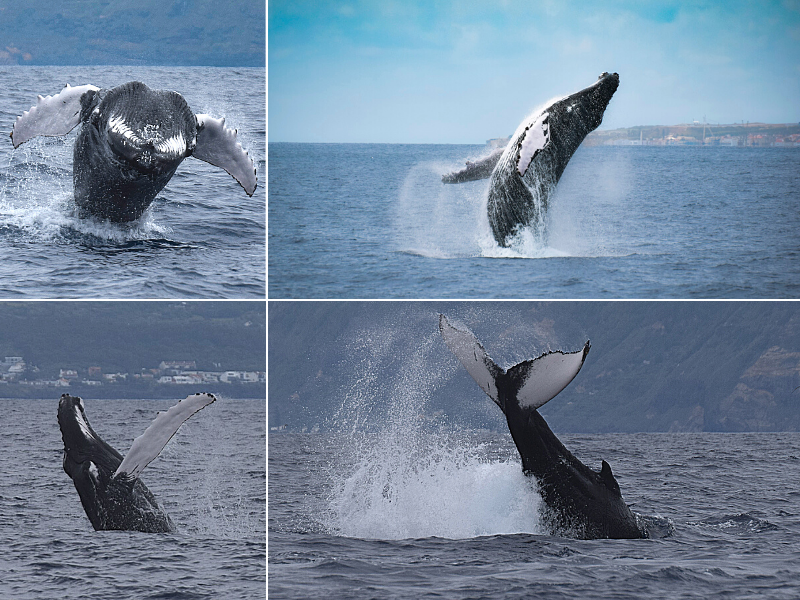Understanding Humpback Whales: Importance and Conservation

Introduction
The humpback whale, scientifically known as Megaptera novaeangliae, is one of the most recognizable marine mammals. Known for their impressive acrobatics and haunting songs, these whales play a significant role in marine ecosystems and are important indicators of ocean health. As their populations recover from historical whaling, understanding and protecting these magnificent creatures has become increasingly relevant for conservation efforts across the world, including in Canada.
Current Status of Humpback Whales
Humpback whales are found in oceans worldwide, migrating annually between feeding grounds in polar waters and breeding grounds in warmer tropical regions. Canada’s Pacific coast, particularly off the shores of British Columbia, serves as an important habitat for humpback whales, especially during the summer months when they feed on abundant marine life such as krill and small fish. Recent studies show that the population in the North Pacific has rebounded to an estimated 20,000 individuals, a significant recovery from the brink of extinction in the 1960s due to commercial whaling.
Threats and Conservation Efforts
Despite their recovering numbers, humpback whales face numerous threats, including entanglement in fishing gear, ship strikes, and climate change impacts affecting their food supply. In Canada, the government has implemented various conservation measures such as shipping lane alterations, speed restrictions for vessels in notable whale habitats, and active monitoring of populations through organizations like Fisheries and Oceans Canada. Furthermore, recent initiatives emphasized the importance of collaboration with Indigenous groups, who play a crucial role in conservation efforts, utilizing traditional ecological knowledge to support research and management policies.
Conclusion
As awareness of humpback whales and their ecological significance continues to grow, it is essential for individuals and communities to engage in conservation efforts actively. Future success in the recovery of humpback whale populations hinges on ongoing research, public education, and the implementation of protective measures. With dedicated efforts, these majestic marine mammals can continue to thrive in our oceans, serving as a reminder of the interconnectedness of sea life and the importance of stewardship of marine environments.


